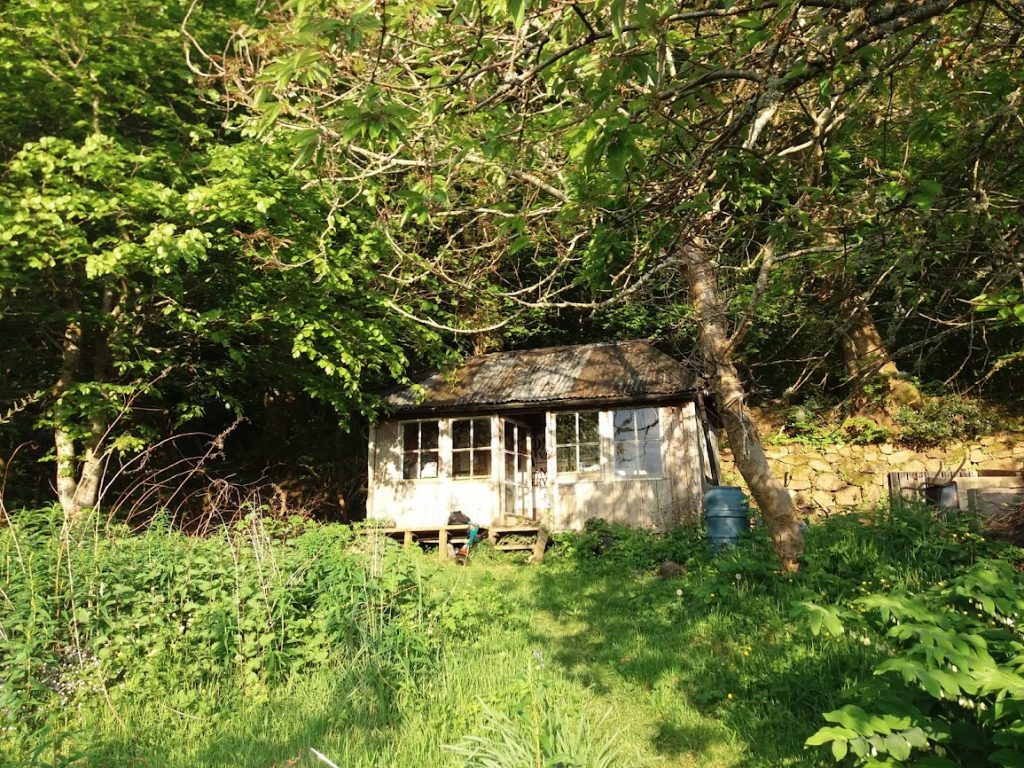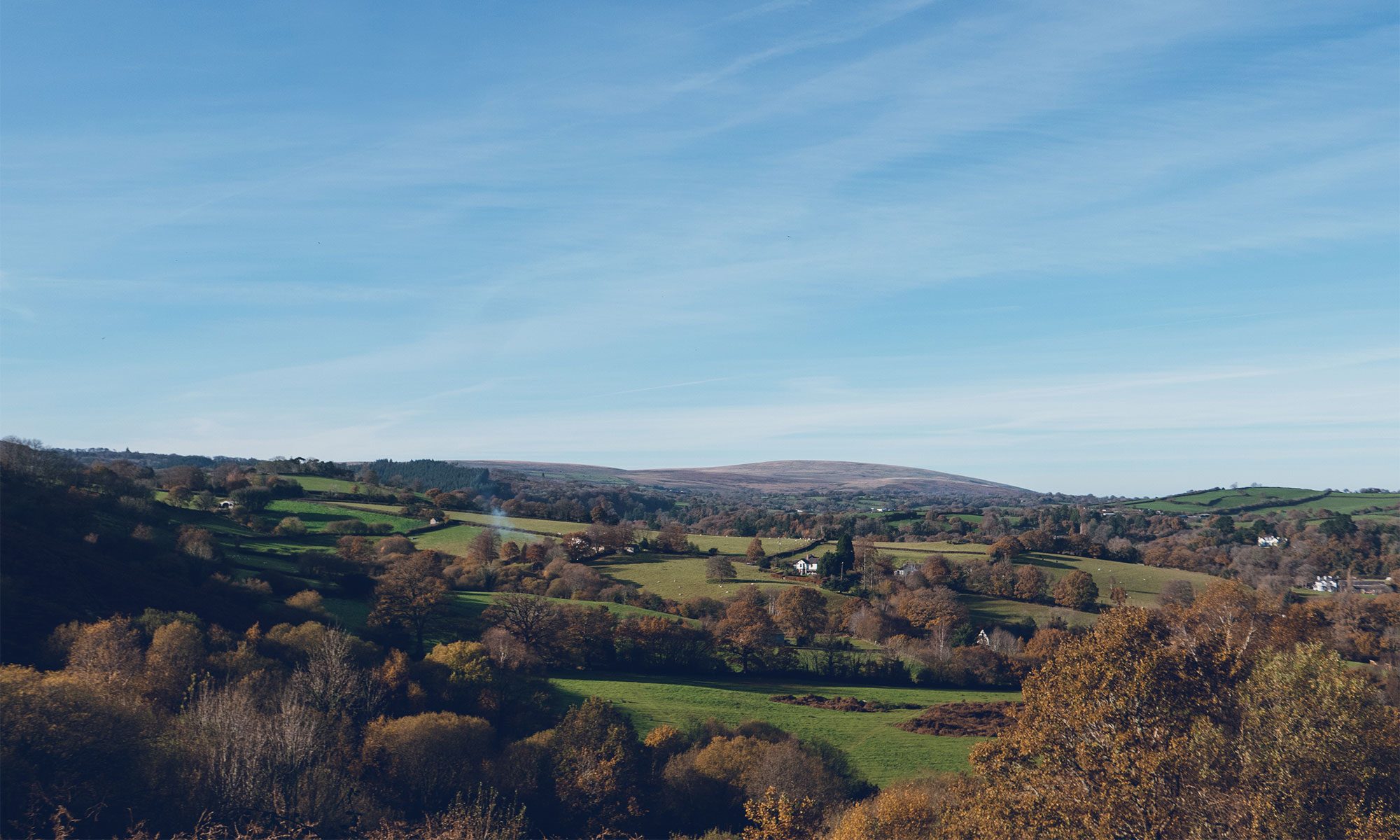Here’s the latest post from Wise Goose graduate Helen Tyrrell. Her topic feels timely as a cool April, month long storm in May followed by just enough warmth and rain (though not much sun here on Dartmoor until last week) means this year growth on my allotment has galloped away so it now resembles a jungle – lots of happy nettles, bindweed and giant comfrey. Produce a bit hard to find under all the green.

Here’s a image from the allotment walk Helen T. mentions in her post. Taken before the growth exploded!
“You were running before you were one year old!” That information has long formed part of my personal mythology: according to my mother not only did I run before I had learned to walk, but I would run everywhere on my tiptoes.
So it seems my early entry into movement was headlong, fast and barely in touch with the ground!
Has that approach continued into my adult world? In a way, yes! I have sometimes rushed headlong towards what excites or interests me, while keeping my feet steadily on the ground has not come naturally.
Let’s be kind and call it a hunger for life!
The busy, ‘always on’ culture around me seems in some ways an extension of that running, rushing, action-oriented, unbalanced way of being. Somewhere hidden in frenetic activity is not just a high-energy, excitable sense of achievement – of impact in the world – but also a sense of virtue: we can’t be lazy if we are busy! In there, too, is feeling of self-importance: even as we rail against how busy we are, there is often a smidgeon of hidden pride – after all our busy-ness signals we are in demand!
A significant learning for me with Wise Goose was a session where all this was turned upside down. Our tutor, Helen, did an amazing thing: she walked us through her allotment, slowly, through the seasons, using photos and simple narrative.
Gardening is something that you can’t rush!
In the changing seasons and viewpoints were dramatic transformations – and not all wrought by the gardener. In fact compared to the action of time, the environment and the varied potential of each plant, the gardener’s interventions were relatively small. Furthermore the different camera angles dramatically changed the scenery.
How is this useful learning for us as coaches and as people?
Well, it helps us to appreciate the important role time plays in personal and professional development, as well as the unpredictable impact of other factors. An awareness of these interrupts any over attachment to results: if we, like the gardener, plant seeds then this may produce intended outcomes, but not necessarily. We need to see our own efforts within the context of the wider environment, the seasons – metaphorical or actual – the time it takes to grow, the unique potential and stage of development of both ‘seed’ and ourselves, the ‘sower’. And we need to be aware that the perspective, the angle we are viewing our ‘garden’ from may alter the way we see it.
Germination happens invisibly under the ground and seeds take time to grow. By the same token, dramatic displays of beauty and growth may happen with very little intervention if the time is right.
So our results are not just down to us. ‘Not really’, as Helen S would say. Whatever we are trying to accomplish, that is something to remember.
The gardener approach calls for a slowing, for staying in touch with the ground and watching for what else is going on. While there is nothing inherently wrong with impatience and energy for movement, as with the infant, the fast-and-barely-in-touch-with-the-ground approach is unsteady and may lead to a fall, while slow observation, considered movement and steady step by step progress that factors in the importance of time in development can produce surprising results.
So while I may have run early as an infant, it is only now, as a coach, that I am really learning to walk and enjoy each step!

